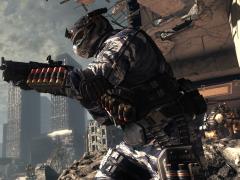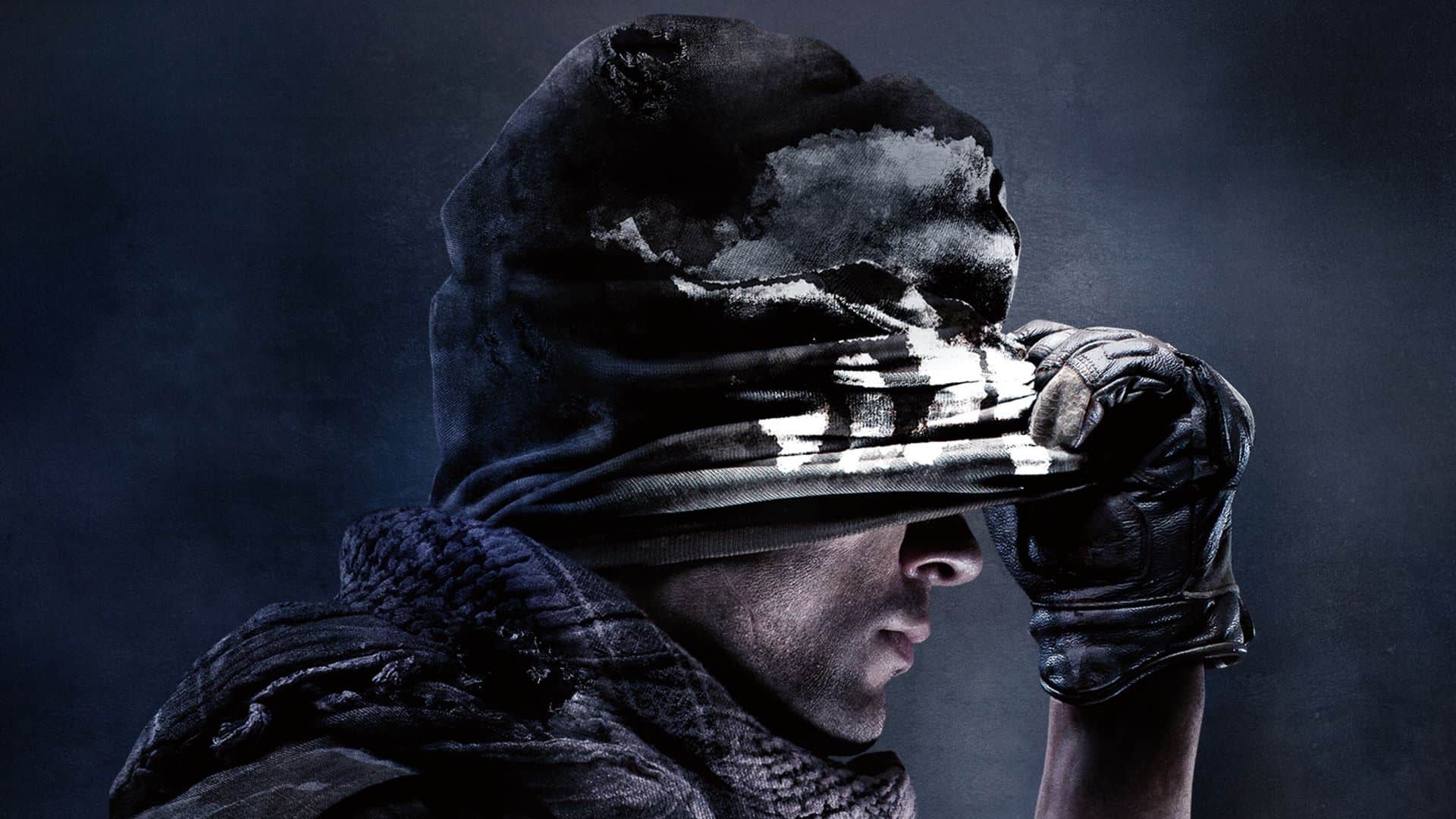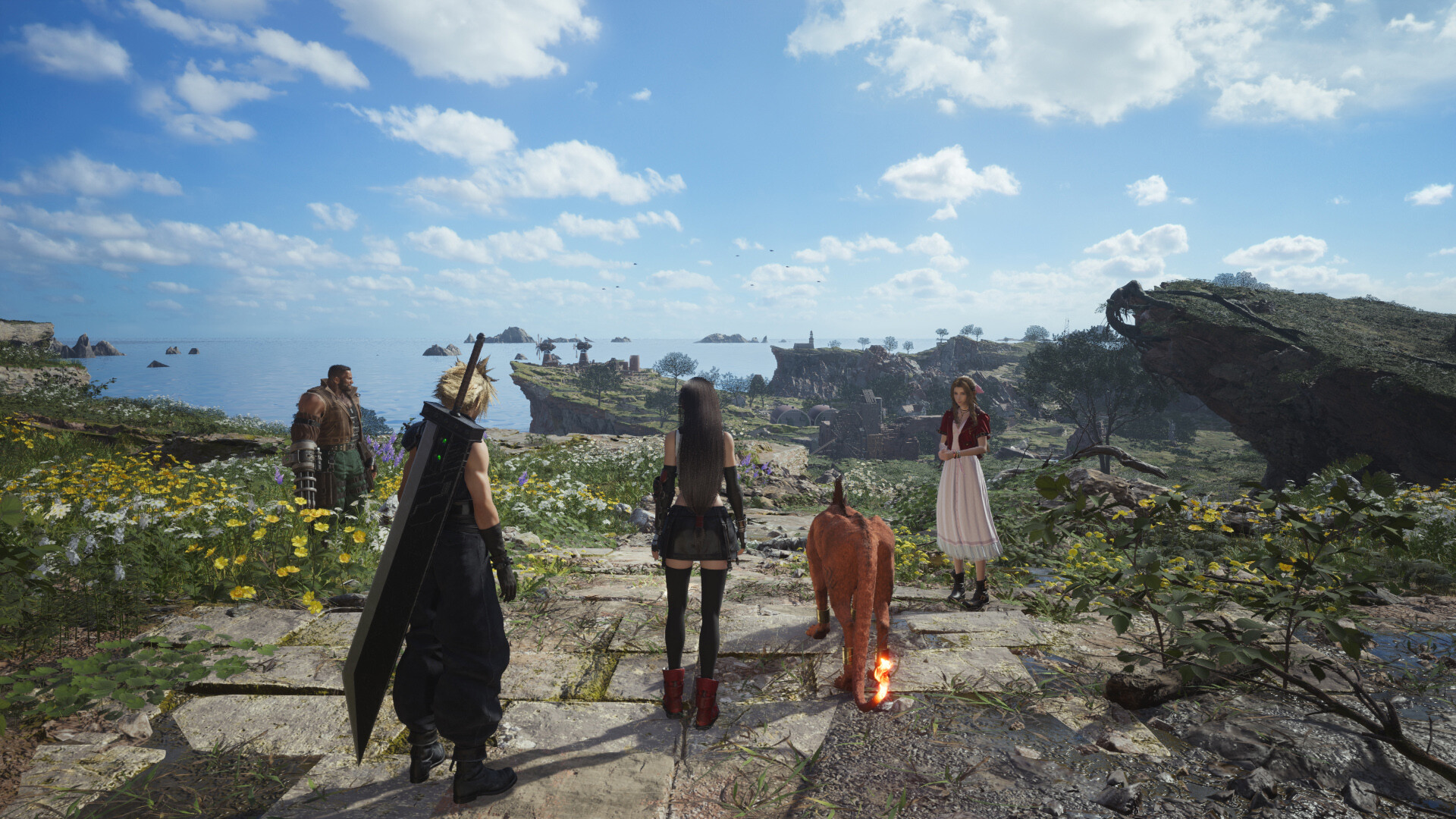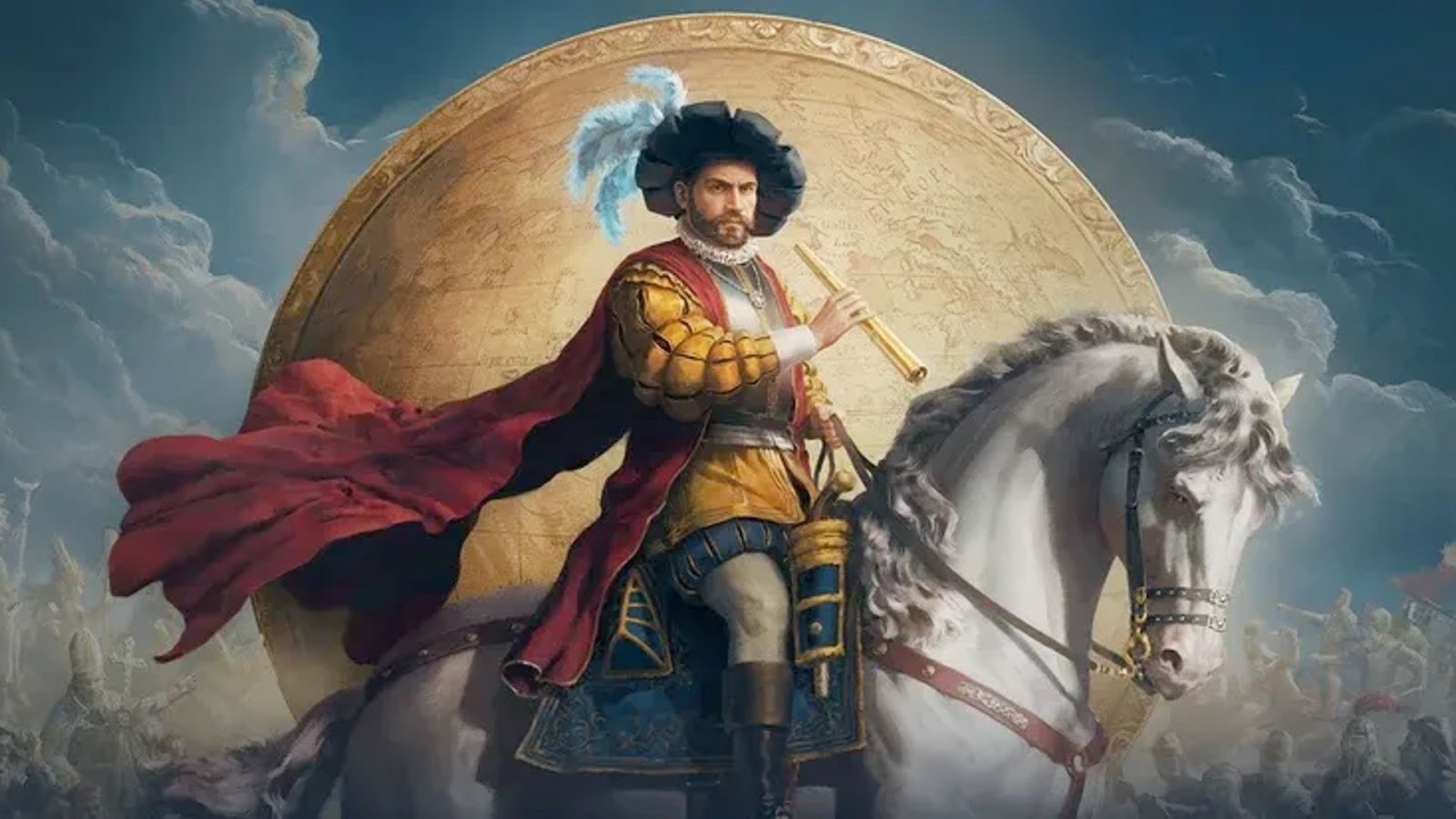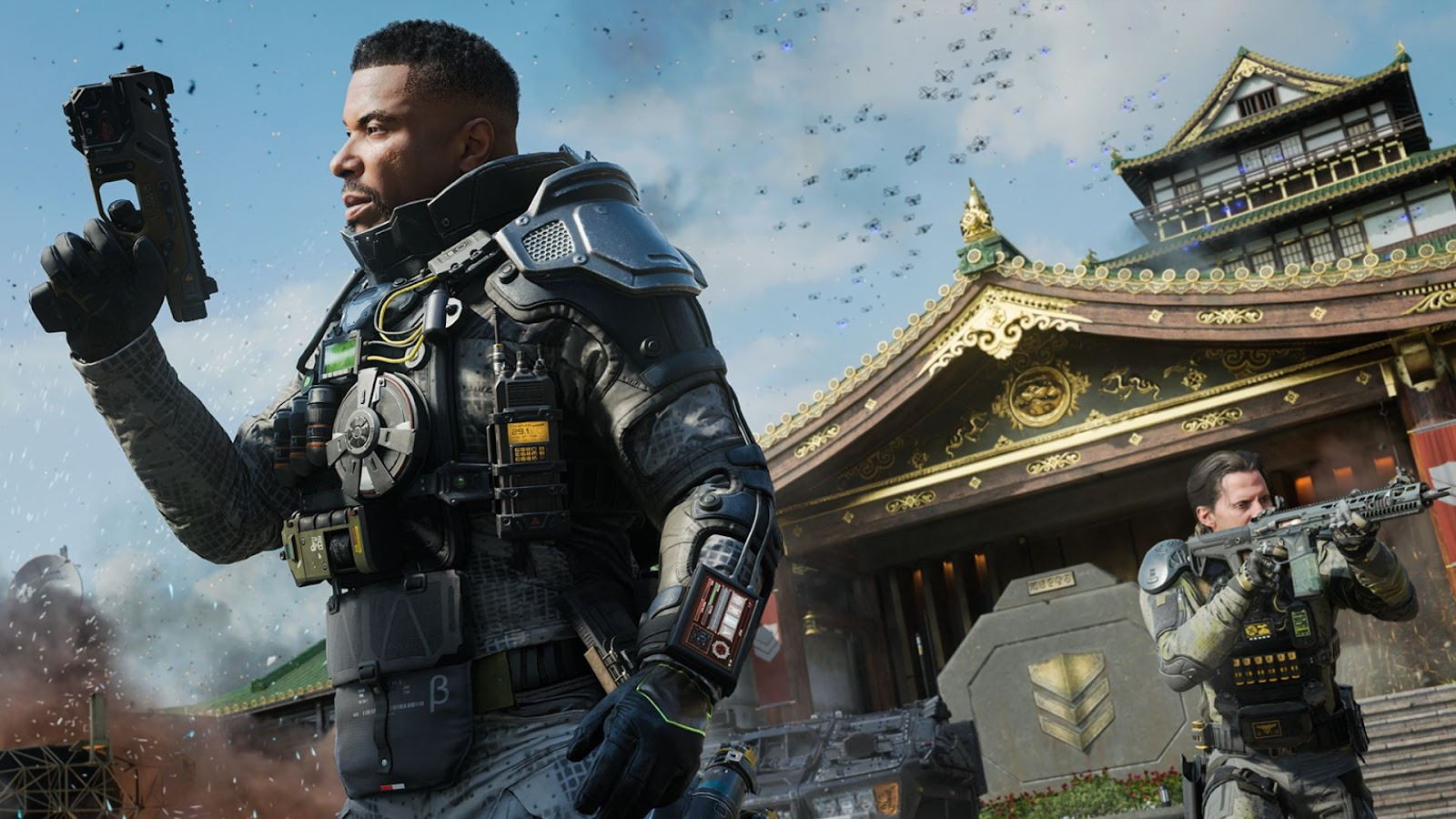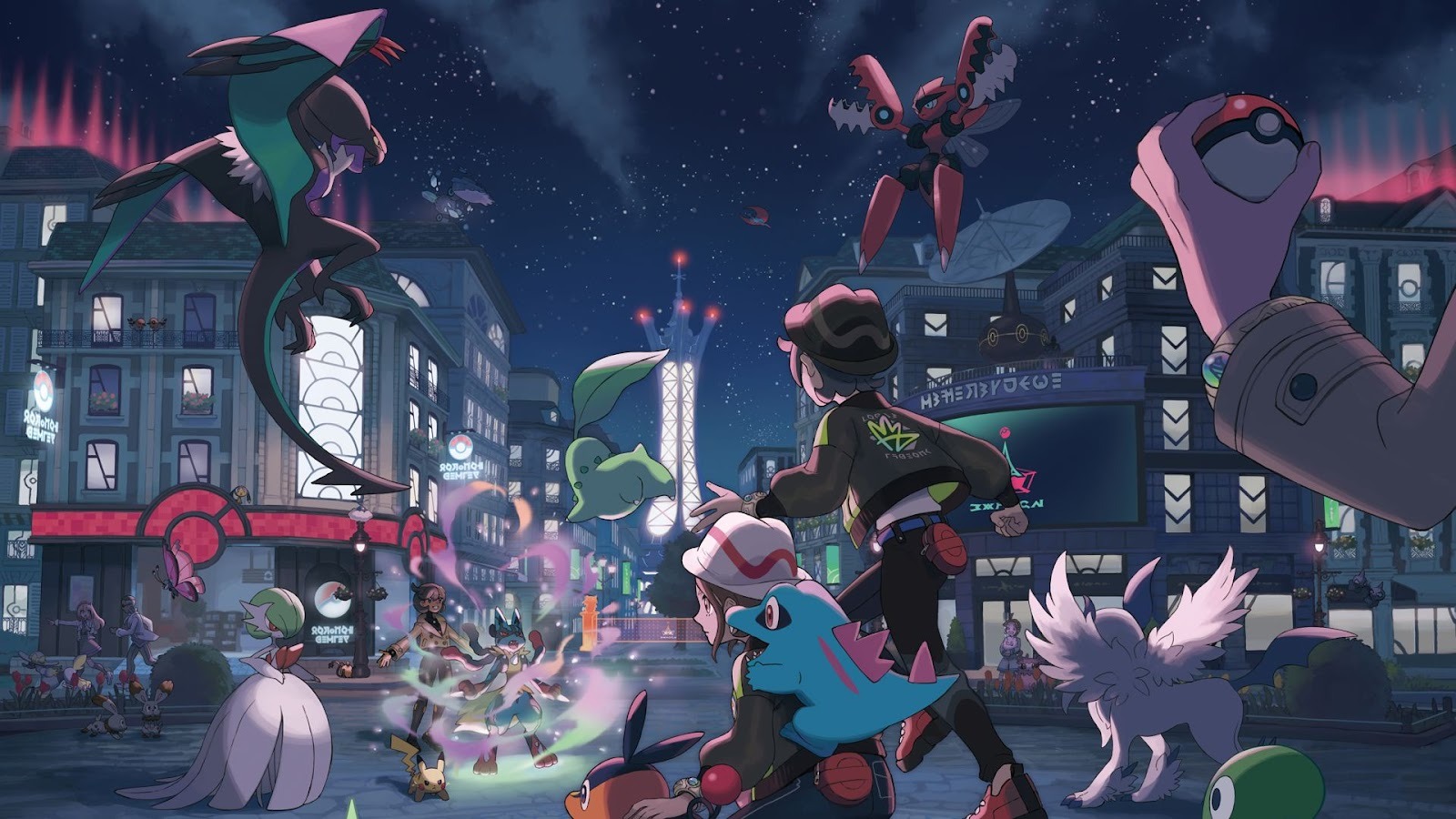You can trust VideoGamer. Our team of gaming experts spend hours testing and reviewing the latest games, to ensure you're reading the most comprehensive guide possible. Rest assured, all imagery and advice is unique and original. Check out how we test and review games here
A console hardware transition is a testing time for third-party publishers, just as it is for the platform holders themselves. Expectations change. The allure of new machines is built on big leaps. And if you happen to own one of the world’s greatest money-makers, a franchise that became a cultural touchstone as well as a piggybank, and one that isn’t known for changing all that much, it could be a worrying time.
This is not to say that Call of Duty will suddenly falter, or that legions of perk-analysing, quick-scoping savages will suddenly lay down their digital arms. But Ghosts represents a strange half-title, caught between generations, but not for the reasons that afflict most cross-generation games. It’s a game that, albeit not exactly content-light, feels like an entry borne out of financial necessity rather than actual need, and while a new CoD to placate players may do well for the balance sheet, it also highlights some of the problems the franchise faces in the coming years.
In fairness, Activision could have spun the game off into multiplayer-only long ago, and that it hasn’t is a good thing for players. Extinction mode is great fun: Zombies meets Left 4 Dead, it sees a team of four clearing areas and holding out against waves of extraterrestrial nasties to eventually plant and arm a nuke, leading to a mad dash back to the extraction point. There’s real strategy to it, with distinct classes (medic, tank, engineer, etc), upgrade points and cash to be used, spent to buff and augment your troops with sentry guns or better abilities. There’s only one map at present, but it’s delightfully tense, and could be the start of something big for the franchise.
Sadly, the single-player experience has been phoned in with all the skill and conviction of a hungover student. Say what you will about the Modern Warfare series’ Bay-inspired nonsense, but at least those campaigns were put together with a sense of guile and pace, rooted into a global conflict that supports CoD’s frontline-orientated gameplay. Ghosts starts with a shoot-out in a space station, and never really gets back to that level until it repeats itself with a Moonraker-inspired ending that is meant to be a bookend. It’s delivered like a brick to the face.
Every level feels like a poor cover version of previous IW hits, stitched together via a po-faced story that wants us to feel sadness, hope and despair while controlling a dog and fighting an enemy that resembles Dave ‘The Games Animal’ Perry. There’s no drama, and little spectacle, and as such it doesn’t feel like you’re striking back against anything other than your own free time. A long-standing accusation against the series has been that it’s a shooting gallery, dressed up well enough to convince you that it’s not. In this instance, the set is still there, but the dresser is nowhere to be seen.
/https://oimg.videogamer.com/images/ef0b/ghosts_review_211111111.jpg)
It’s multiplayer, though, where the series rose to the prominence it currently enjoys, and for the most part Ghosts is accomplished, refined, and enjoyable. It also feels safe and familiar. That familiarity made me oscillate between enjoying its awesome feedback loop and feeling contempt that its flaws were still all on show.
Improvements have been made, at least in the short-term before it hits the streets, making for a more gun-focused experience, with the skies relatively clear. The new Blitz game mode is very entertaining, as is Search and Rescue, while Cranked suffers from people hiding, making it difficult to carry on your streak.
In terms of killstreaks, Support no longer has access to drone-based aerial strikes, leading to less cheap bomber hoarding (although you can call in a chopper to snipe from). The biggest annoyance comes in the form of the guard dog killstreak, which gives you a four-legged friend seemingly designed by Cyberdyne Systems… and can kill you even after its master has died.
Much better is the perk system being broken down into distinct types, which helps when deciding which build you want to create. A variation of Black Ops 2’s Pick 10 system governs it, so everything costs a certain (and in some cases different) amount of points, meaning you have to balance perks against weapons and equipment.
I also got a lot out of the new marksman rifle class, which strikes a nice balance between sniper and assault categories. Expect to be killed by a lot of these players online, especially those also using the variable thermal sight.
(Sadly, it was impossible to test how unlocking and progression works, as our builds had all unlock tokens, gained via XP, gifted from the start.)
Despite these improvements, however, you’re still a man, with a gun, in a small-ish arena, and no amount of new modes and tweaks is going to change the fact that the appeal is starting to wane. More worryingly for IW and Activision, I’m not sure how next-gen graphics and systems are going to change that experience (not that there’s much different on show here: PS4 Ghosts looks like a nice current-gen PC title, and little more).
The same ‘man with gun’ accusation can be levelled at Battlefield, of course, but then that game will change via the next-generation, and I don’t just mean in terms of frames per second. Battlefield isn’t just about you and your weapon, it’s about you and your environment, and naturally that environment will change with the times, become more sophisticated, give you more options as to how you interact with it. The game’s heavy team focus feeds into this perfectly.
/https://oimg.videogamer.com/images/8f33/ghosts_review_211111.jpg)
So as Battlefield becomes more expansive, Call of Duty stays small, refines what’s already there. It can’t change its arena-based systems too much, as that is the game: its Quake 3 heritage means it only really supports one style of play. And yet simply updating it each year to include new maps and shiner visuals will also see it become increasingly tired.
It could be argued that perhaps another qualifier for Call of Duty’s annual instalments is that it is more to sports games like FIFA, something I would agree with in part. But sports titles have-real world influences they’re looking to replicate, and generational changes do have a huge effect on that.
Call of Duty, on the other hand, pretty much perfected its systems some time ago, and did so at the most opportune time possible, when online console infrastructure reached a point where it could deliver the experience Infinity Ward wanted to the amount of people it wanted to deliver it to. Naturally, some of those players were famous, and their endorsement, as well as that of the press and word of mouth, created a phenomenon of its time.
The question is now whether that time has passed. Not yet. But Call of Duty cannot change, nor can it rest. So what next?
Call of Duty: Ghosts
- Platform(s): PC, PlayStation 3, PlayStation 4, Wii U, Xbox 360, Xbox One
- Genre(s): Action, First Person, Shooter
